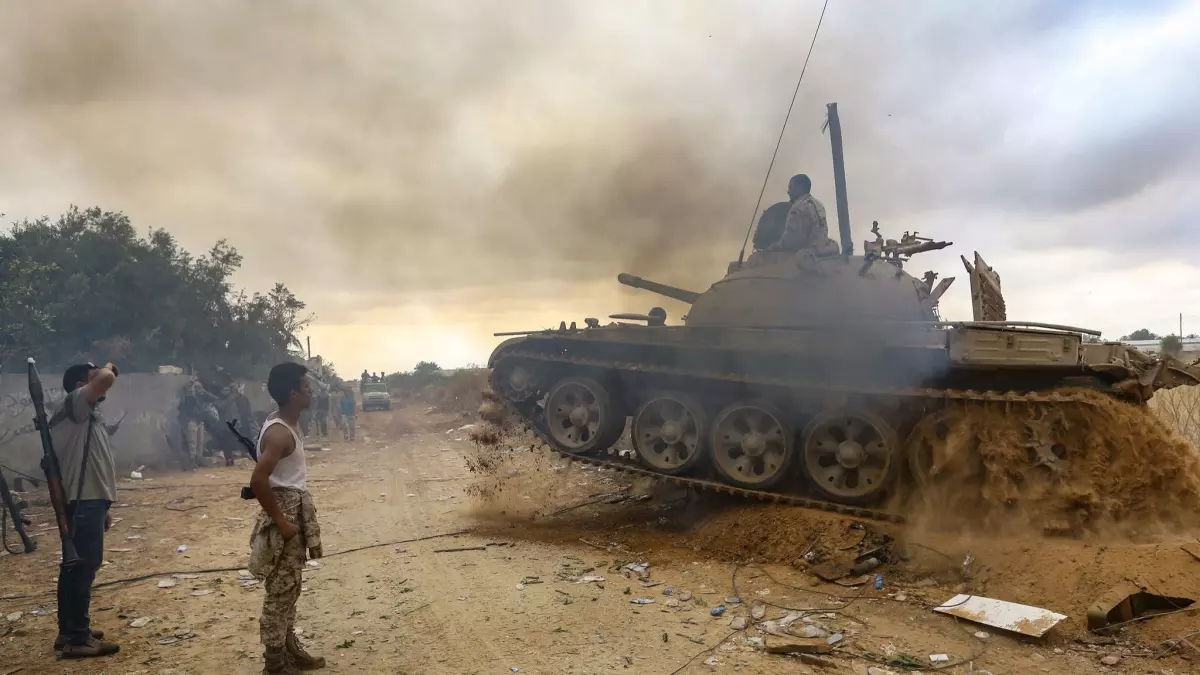
Libya stands at a precarious crossroads, with political tensions and military maneuvers threatening to plunge the nation back into conflict.
Over a decade after the fall of Muammar Gaddafi, Libya remains deeply divided, despite the political efforts by Türkiye.
Recent developments have sparked fears that the fragile peace of recent years could soon unravel.
The situation took a decisive turn when the Libyan Parliament in Benghazi announced the end of the mandate for the Government of National Unity (GNU) led by Prime Minister Abdul Hamid Dbeibah.
In a controversial move, the Parliament recognized Osama Hammad’s government as the legitimate authority, further entrenching the division between Libya’s eastern and western regions.
This political shift has exacerbated tensions, casting uncertainty over the country's future.
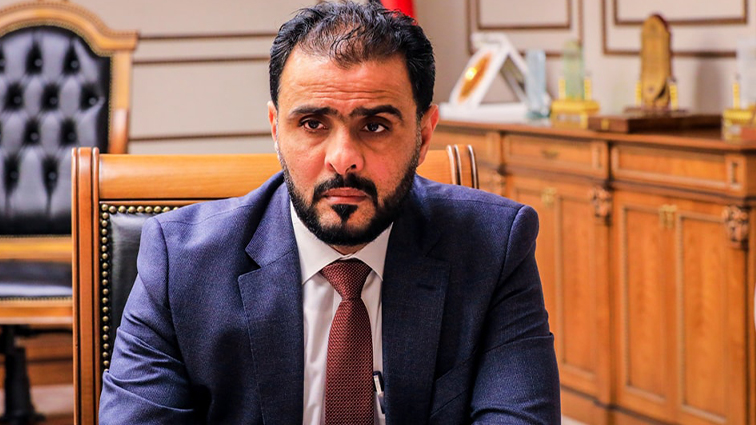
Back in February Hammad claimed that his government could help establish security in western Libya by saying: "To extend a helping hand to establish security, and control the security situation in the western regions of the country, just as the eastern and southern regions of the country have been secured, which have become safe and stable thanks to the efforts of the armed forces and the Ministry of Interior of the Libyan government."
https://twitter.com/DrOsamaSHamad/status/1759363511245853170
Amid this political upheaval, the Libyan National Army (LNA) has mobilized forces toward the southwestern region, citing a need to secure borders, prevent arms smuggling, and block the infiltration of militants.
However, this military movement has raised alarms, particularly among the Dbeibah government and influential tribal groups such as the Zintan, who view it as a strategic maneuver to assert control over the region.
https://twitter.com/emad_badi/status/1821560193655738425
The United Nations Support Mission in Libya (UNSMIL) has voiced concerns over recent unilateral actions by Libyan political actors and institutions across the East, West, and South, warning that these moves could increase tensions and deepen divisions in the country.
In a statement released Wednesday, UNSMIL emphasized that in the current climate, such actions only serve to undermine trust and exacerbate institutional discord. The mission called for consensus, dialogue and unity among Libyan leaders.
The concerns follow a vote by the House of Representatives on Tuesday to end the term of the Government of National Unity and recognize Osama Hamad’s government as the legitimate authority until a unified government is formed.
The House also voted to remove the title of Commander-in-Chief of the Army from the Presidential Council and return it to the Speaker of the House of Representatives.
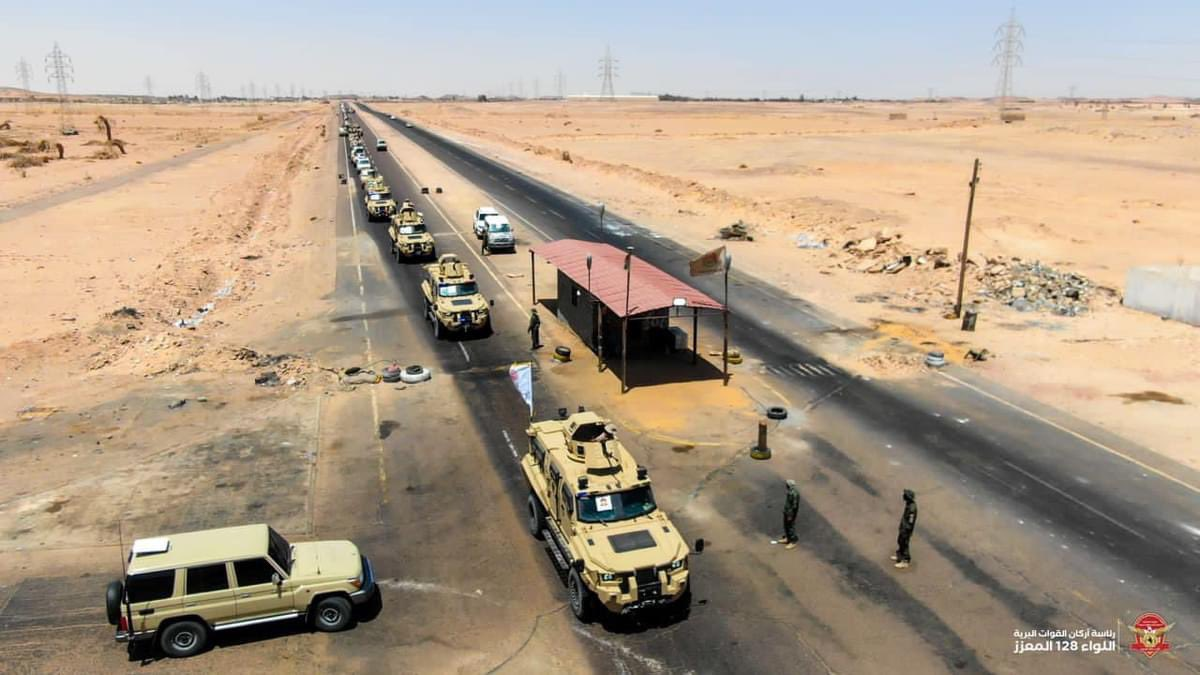
UNSMIL reminded Libyan political leaders and institutions of their commitments under the Libyan Political Agreement and relevant Security Council resolutions, particularly resolution 2702 (2023).
In response to the House's vote, Prime Minister Abdul Hamid Dbeibah stated that his government’s legitimacy is rooted in the Constitutional Declaration and dismissed the House’s decision as a non-binding political opinion.
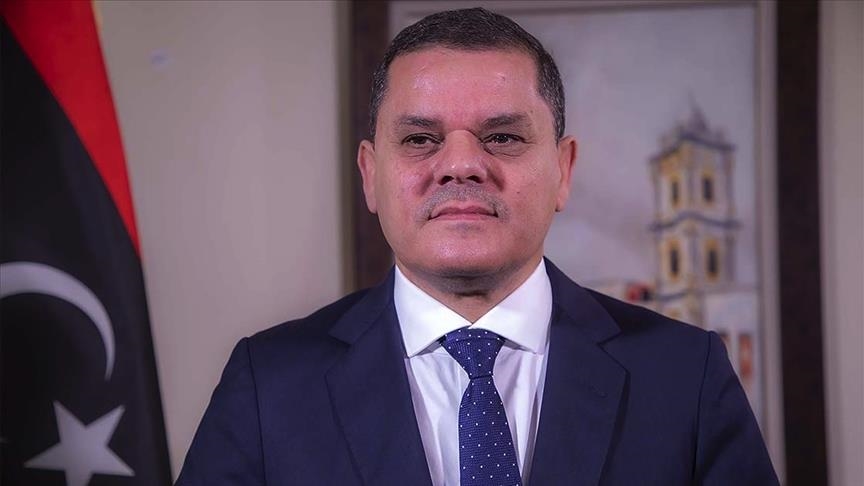
Meanwhile, Khalifa Haftar, the leader of the Libyan National Army, welcomed the decision to strip the Presidential Council of its military powers, stressing the need for elections to achieve stability in Libya.
The failure of multiple peace initiatives has heightened fears that Libya could slip back into conflict.
The current political landscape bears striking similarities to the conditions that preceded the 2014 civil war, which raged until 2020 and left the country in ruins. As both sides entrench their positions, the prospect of a negotiated settlement appears increasingly remote.
Adding to the complexity is the apparent lack of international focus on Libya. As global attention shifts to crises in Gaza, Lebanon, Yemen, and Sudan, Libya’s problems risk being overshadowed.
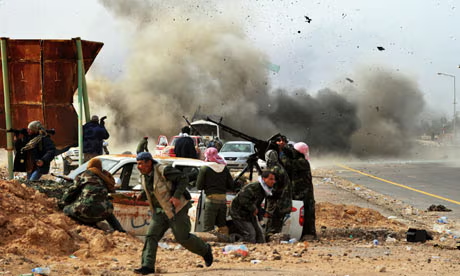
The LNA’s recent military activities in southwestern Libya, particularly around the strategic Ghadames area and the NC-7 oil field, suggest a broader objective beyond border security. By asserting control over these vital economic assets, the LNA aims to reinforce its position as Libya’s dominant force, signaling to the international community that it controls the country’s most crucial resources.

Meanwhile, the Libyan public remains disillusioned and wary. Despite worsening economic conditions and a lack of basic services, many Libyans fear further conflict.
The memory of the last civil war is still fresh, and the populace is deeply skeptical of the existing political entities, which they perceive as more interested in clinging to power than resolving the nation’s crisis through democratic means.
Libya’s future as a unified state is increasingly in doubt. With entrenched political divisions and escalating military actions, the threat of a return to civil war looms large.
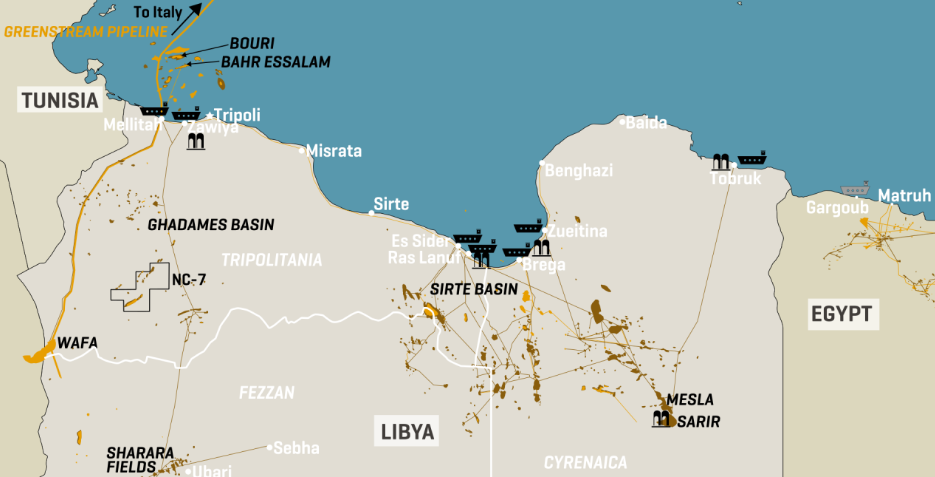
As Libya faces escalating tensions, Libyan journalist Abdulkadir Assad offers insights into the uncertain future following the end of Prime Minister Abdul Hamid Dbeibah’s mandate.
"It remains unclear what may happen when the Government of National Unity led by Dbeibah leaves power. However, the critical question is whether Dbeibah’s government will leave office peacefully or by force. Historically, it has not been easy for any Libyan authority in a position of power to cede power without conflict."
According to Assad, the root of Libya’s ongoing conflict lies in the distribution of wealth and resources. “Each political faction believes it should control the state’s sovereign institutions, particularly the Central Bank and the National Oil Corporation,” he explained.
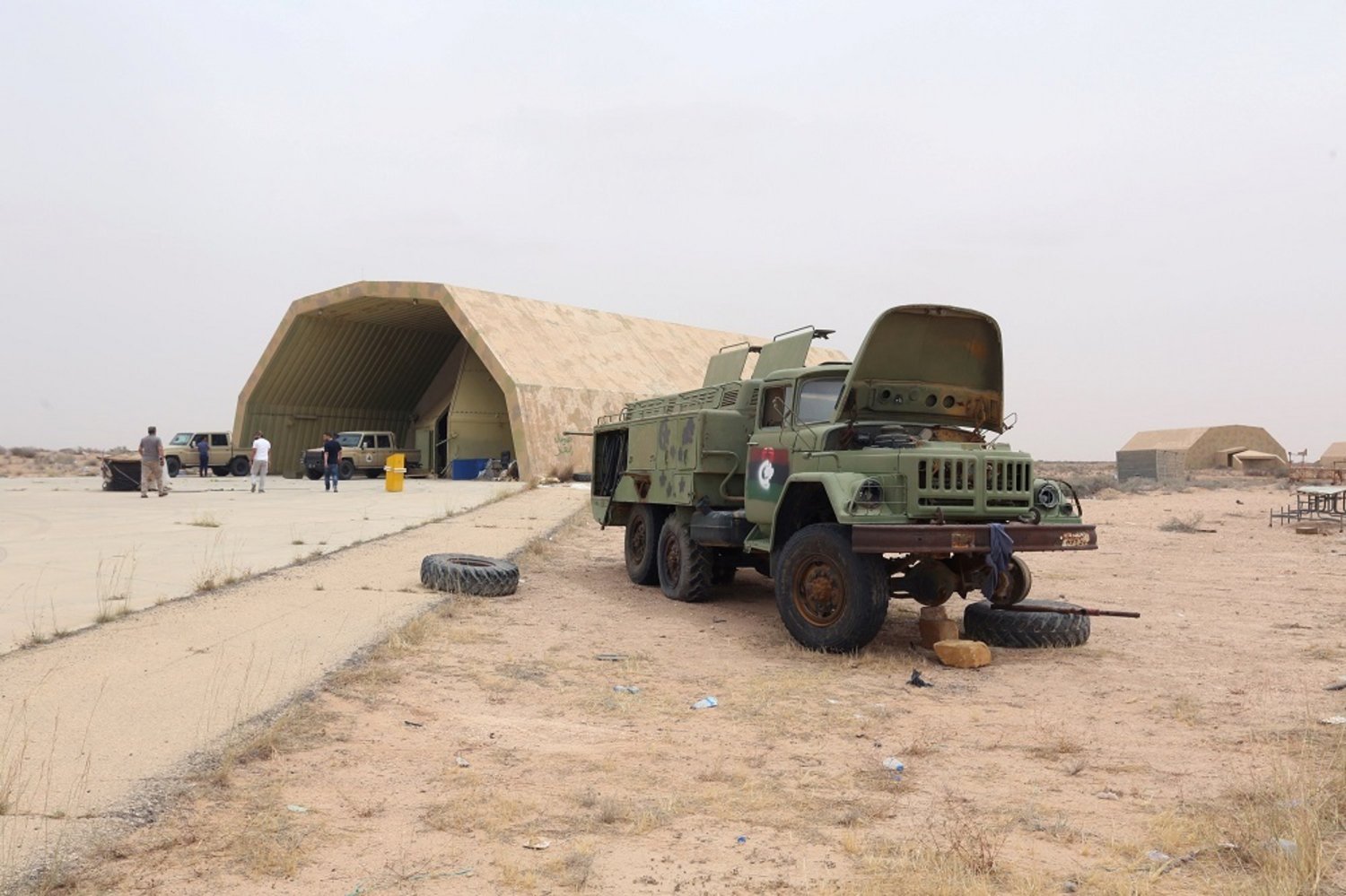
Assad noted that while the GNU and Libyan National Army (LNA) have not yet entered into armed conflict, the potential remains high. “The GNU came to power following the 2020 cease-fire that ended the war between the LNA and the former Government of National Accord (GNA). However, if war does break out, it may be a fight where only one side emerges victorious,” he warned.
The LNA’s recent military mobilization toward the southern region and Ghadames near the Algerian border has raised concerns in the western region.
“While the LNA claims these movements are to secure borders, many analysts doubt the official explanation and suspect other strategic motives,” Assad said.